Do you have high cholesterol? It’s very common. According to the Centers for Disease Control and Prevention, 73.5 million adults in America (31.7%) have high low-density lipoprotein, or LDL. This is also known as “bad” cholesterol, which can lead to build up of plaque in the arteries. Further, less than 48.1% of adults who have high cholesterol are doing anything to lower it.
Have you ever had a routine blood test at your doctor’s office for a physical? I’m sure you have, so let me break down the parts of a lipid panel for you:
- Total Cholesterol – Your overall cholesterol. Anything above 201 milligrams per deciliter (mg/dL) is considered above normal, with 240 mg/dL being considered no Bueno
- HDL (Good Cholesterol) – Higher is generally better with this one. You want a number above 60 mg/dL. This type of cholesterol helps protect your heart and arteries by removing “Bad” Cholesterol (LDL)
- LDL (Bad Cholesterol) – Anything above 100 mg/dL is considered above normal, and values around 190 mg/dL or above are considered very high. This is the bad guy at the party who wants to make you ill
- Triglycerides – This is fat stored in your body. Anything above 150 mg/dL increases risks for heart Disease
Alright, so how can we reduce our bad cholesterol, and improve our good cholesterol? If the odds are one in three of us has high cholesterol, and half of us either don’t know about it or aren’t doing anything about it, how can we take charge of our lives? Let’s get into the nitty gritty.
Common Causes
 What causes high cholesterol anyway? And why do so many people have it? High cholesterol is a determining factor of cardiovascular disease risk, and some causes are more obvious than others:
What causes high cholesterol anyway? And why do so many people have it? High cholesterol is a determining factor of cardiovascular disease risk, and some causes are more obvious than others:
- Diet – Cardiovascular disease risk associated with high lipid profiles are a results of high intake of saturated fat. Further, replacing that fat with refined carbohydrates doesn’t improve cardiovascular disease risk. Saturated fat and refined carbs? Bad .
- Body Weight – Excess fat in the waist is indicative of higher triglyceride levels and elevated cardiovascular risk. This visceral fat, or fat around your organs, puts stress on your heart.
- Activity – Exercise training is linked to higher amounts of good cholesterol, or HDL, in your body.
- Age and Gender – An uncontrollable risk, men over 45, and women over 55 are at increased risk for elevated cholesterol.
- Genetics – Another uncontrollable one, if your family members have high cholesterol, you may be at higher risk as well.
- Cigarettes – Smoking may directly lower your HDL levels. According to George Grunberger, MD, clinical professor of internal medicine at Wayne State University, “The risk of developing coronary heart disease for people who smoke is two to four times that of people who don’t.”
While age, gender, and genetics are out of our control, we can do a lot still to improve our cholesterol levels, especially through diet.
Fiber
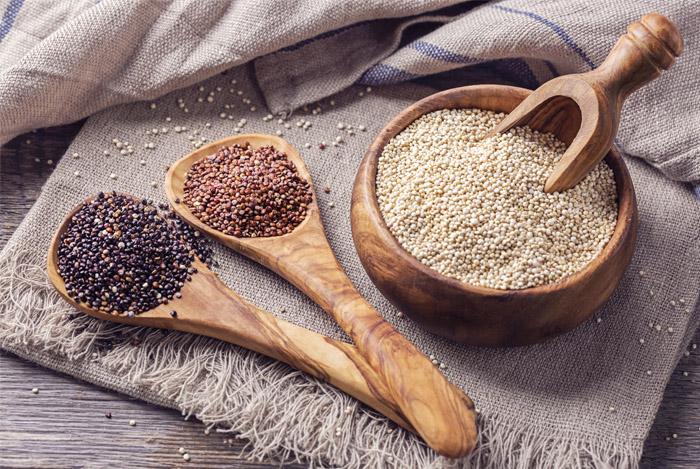 I glazed over several benefits of fiber on my discussion about Quinoa. We all know by now that fiber is good for you. But what does it do, specifically, with regards to removing cholesterol from our bodies?
I glazed over several benefits of fiber on my discussion about Quinoa. We all know by now that fiber is good for you. But what does it do, specifically, with regards to removing cholesterol from our bodies?
There are two types of fiber. Soluble fiber mixes with water and helps to slow digestion. This is the fiber found in vegetables, and fruits. Insoluble fiber is found in bran and whole grains, and it adds bulk to stool and helps with passage.
Soluble fiber both lowers LDL cholesterol and total cholesterol by binding to it and eventually removing it from the body. Research shows that upping your daily fiber intake by just 5 to 10 grams a day lowers cholesterol by around 15%. That’s one large apple. You can do that.
Omega-3s
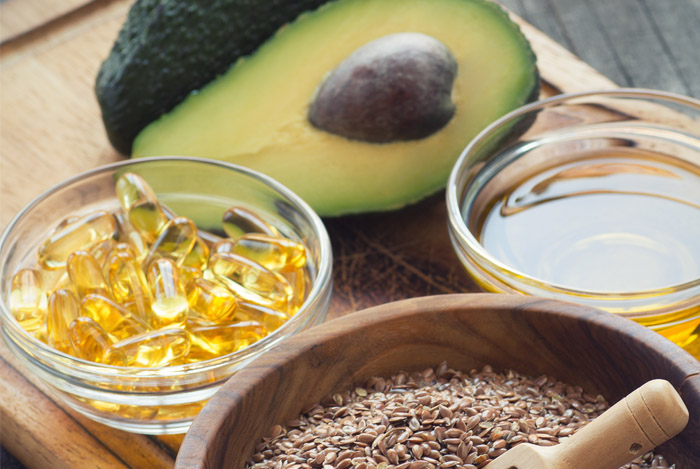 I’ve mentioned Omega 3 fatty acids time and time again, including in my discussions on both high fat foods that are good for you, and signs that you need more fat in your diet. While the benefits are numerous, including aiding in brain development, cognitive function, preventing Chron’s disease, helping arthritis, and many – the benefit we will focus on is that Omega 3 fatty acids are a key source of HDL cholesterol.
I’ve mentioned Omega 3 fatty acids time and time again, including in my discussions on both high fat foods that are good for you, and signs that you need more fat in your diet. While the benefits are numerous, including aiding in brain development, cognitive function, preventing Chron’s disease, helping arthritis, and many – the benefit we will focus on is that Omega 3 fatty acids are a key source of HDL cholesterol.
A study posted in the Journal of Metabolism explained that Omega 3 supplementation increased HDL levels in patients with genetic hyperlipidemia (elevated fat levels in the blood). Remember, this is the good cholesterol people! We want high levels of this in the blood. Further, HDL works as a scavenger against LDL, helping to remove it from our bodies.
Good Oils
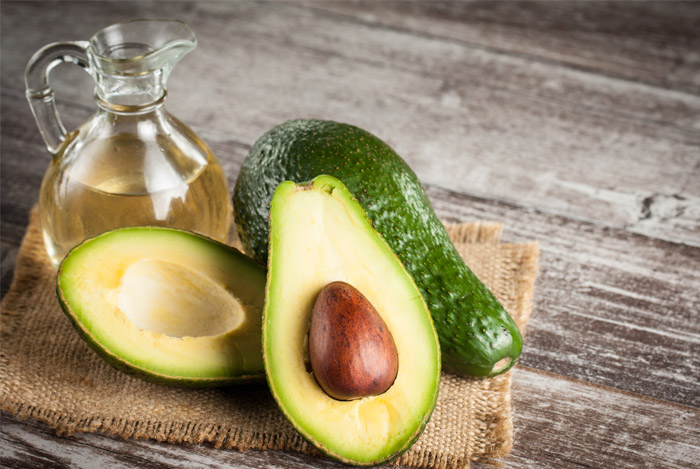 Fish oil supplements are a common and popular means of consuming extra HDL cholesterol. Other than fish oil , what is another easy way to get the good types of fat into our diets? Well, cooking oil, obviously. I’ve mentioned oil often, trying to hammer home the great benefits of healthy oils, but one that comes to mind in particular is the discussion on the benefits of avocado oil.
Fish oil supplements are a common and popular means of consuming extra HDL cholesterol. Other than fish oil , what is another easy way to get the good types of fat into our diets? Well, cooking oil, obviously. I’ve mentioned oil often, trying to hammer home the great benefits of healthy oils, but one that comes to mind in particular is the discussion on the benefits of avocado oil.
As a general rule of thumb you want oils that are low in saturated and trans fats, and high in polyunsaturated fat. It’s a mouthful, and it has the word “saturated” within in, but have no fear, polyunsaturated fats actually help to reduce bad cholesterol in the body and lower the chance for complications with your circulatory system and .
Avocados
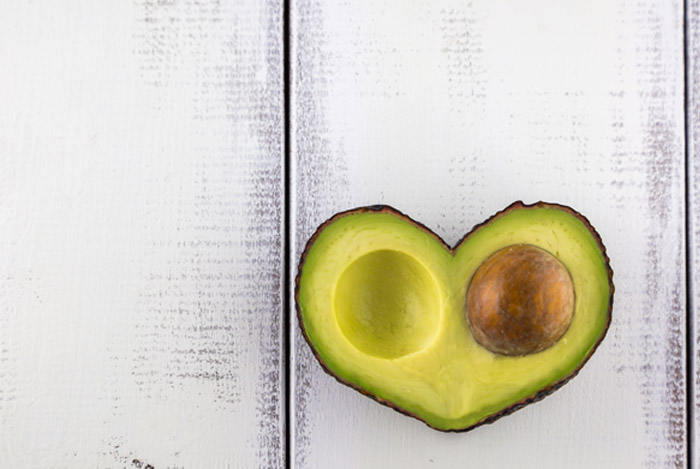 I have a full on discussion about how much avocado you should eat in a day, and what the benefits overall were, but the most relevant one for our discussion is that Avocados are high in monounsaturated fats, which act similarly to polyunsaturated fats in that they help lower bad cholesterol and keep the heart healthy.
I have a full on discussion about how much avocado you should eat in a day, and what the benefits overall were, but the most relevant one for our discussion is that Avocados are high in monounsaturated fats, which act similarly to polyunsaturated fats in that they help lower bad cholesterol and keep the heart healthy.
Monounsaturated fatty acids, also known as “MUFAs” have many benefits to the cardiovascular system. MUFAs lower overall LDL levels, raise overall HDL levels, and decrease triglyceride levels. Further, studies show that diets high in MUFAs and PUFAs (polyunsaturated fatty acids) can be used to combat cardiovascular disease risk.
Nuts and Seeds
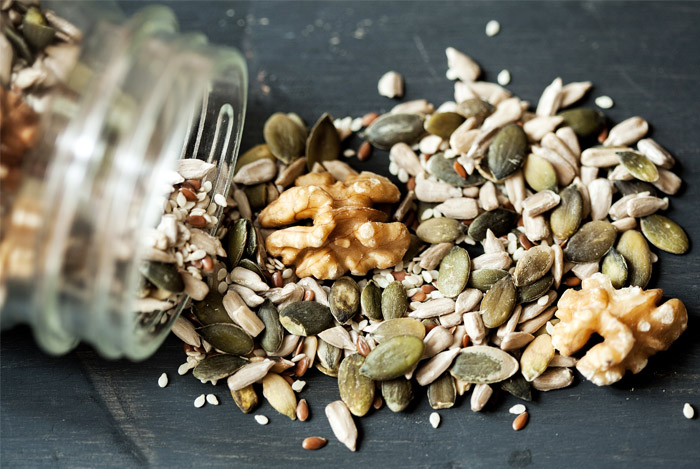 A while ago we discussed how healthy almonds are <link after posting almond article>. Many of the benefits of almonds apply to various nuts and seeds.
A while ago we discussed how healthy almonds are <link after posting almond article>. Many of the benefits of almonds apply to various nuts and seeds.
A great misnomer is that nuts are high in fat overall, and so people think that they are bad for you. Wrong. The type of cholesterol in , which will actually improve your blood lipid ratios and heart health.
Nuts are packed with many substances that are good for your heart:
- Unsaturated Fat – As mentioned above, both polyunsaturated and monounsaturated improve your cholesterol levels
- Omega 3 fatty acid – We’re beating this one into the ground. Omega 3s all the way for overall health benefits
- Fiber – Helps keep things moving, including moving LDL cholesterol out of the body
- Vitamin E – Another key nutrient that helps keep your arteries healthy
- Sterols – A plant substance that can help lower
- L-arginine – An amino acid that helps keep your arteries more flexible and improve blood flow
What to avoid
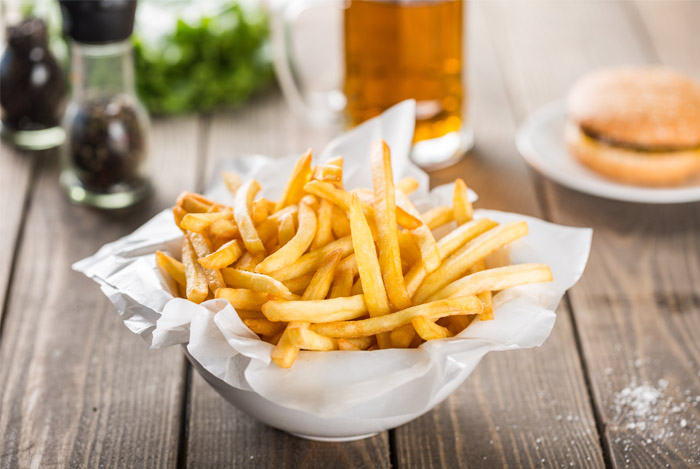 Now we know some things to eat to help us control our cholesterol levels. But what about things to stay away from to improve cholesterol, or at the very least, limit? Some of these items are more basic than others, but let me give you a brief rundown:
Now we know some things to eat to help us control our cholesterol levels. But what about things to stay away from to improve cholesterol, or at the very least, limit? Some of these items are more basic than others, but let me give you a brief rundown:
- Saturated fats and oils – Note that I’m saying saturated, not unsaturated. Saturated fat comes from stuff you typically think of as bad for you, like butter, bacon grease, and lard.
- Trans Fats – More bad fat here, like “partially hydrogenated oils” – things that you find in margarine or cookies. Which is too bad, since cookies taste pretty good.
- Fatty Meat – Pastrami, sausage, fatty meats have a lot of trans fat and cholesterol.
- Fast Food – Jam packed with refined carbohydrates, fat, and saturated fat, fast food is one of the major culprits in increasing cholesterol.
Supplement with
 Cholesterol is tightly linked to being overweight, so one of the most effective things we can do for ourselves is to hit the gym. As mentioned above, being overweight is linked to having higher levels of LDL, bad cholesterol, and lower levels of HDL, good cholesterol. That’s a prescription for health problems including arteriosclerosis and heart disease.
Cholesterol is tightly linked to being overweight, so one of the most effective things we can do for ourselves is to hit the gym. As mentioned above, being overweight is linked to having higher levels of LDL, bad cholesterol, and lower levels of HDL, good cholesterol. That’s a prescription for health problems including arteriosclerosis and heart disease.
As with any prescription for exercise, the level at which you start is determined by your fitness to begin with. Presuming you are a beginner though, it is important to start slow to mitigate risks as well as not get into that whole “oh my gosh I’m sore I never want to do that again” situation.
Beginners should start with low-impact cardio, such as walking, jogging, biking, or swimming. A low to moderate intensity to start for about 20 minutes, and then build up to 30 minutes. As you improve your fitness over the weeks you can take a more aggressive stance and move on to strength training. For a more detailed review on how to exercise and lose weight, I discussed how to lose as much weight as possible in a safe way at the end of July.
Sterols and Stanols
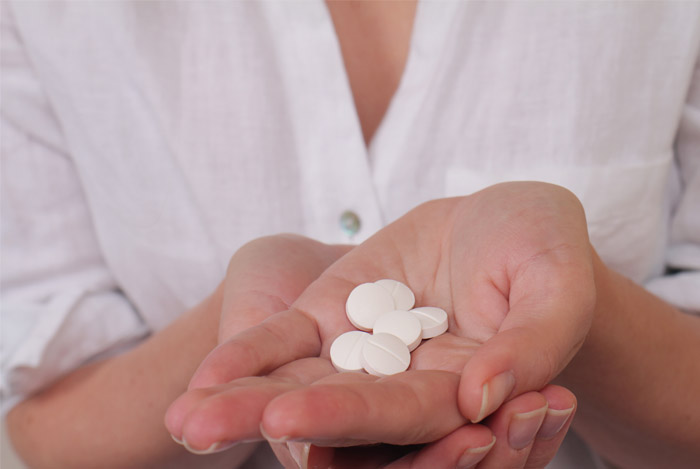 There are many cholesterol lowering supplements out there, but one supplement that has received a great deal of exposure and research are the naturally occurring sterols and stanols found in plants. They are found in nuts, seeds, fruits, and .
There are many cholesterol lowering supplements out there, but one supplement that has received a great deal of exposure and research are the naturally occurring sterols and stanols found in plants. They are found in nuts, seeds, fruits, and .
Sterols and Stanols help block the absorption of cholesterol by your body, which helps to increase HDL and lower LDL. Research posted in the American Society for nutritional Sciences explained that plant stanols lowered LDL cholesterol by up to 15% without side effects and seem to be a helpful and low-risk supplement to lower cholesterol.
Unlike many supplements where the Food and Drug Administration does not stand by any of the product’s claims, plant sterols and stanols received a “health claim.” So the FDA actually gives a nod to the fact that experts widely agree that these supplements really do what they claim.
Medication
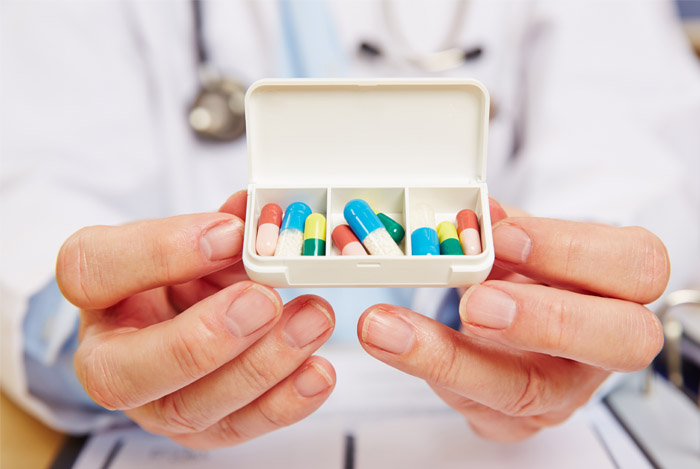 There’s a lot that you can do for yourself to help improve your cholesterol levels. But as I mentioned at the start, there are some things completely out of your control. Genetics play a large factor in determining how your body will both hold and lose cholesterol, and some folks, despite hard work, excellent eating habits, and a high level of fitness, just can’t seem to get their cholesterol down to normal levels.
There’s a lot that you can do for yourself to help improve your cholesterol levels. But as I mentioned at the start, there are some things completely out of your control. Genetics play a large factor in determining how your body will both hold and lose cholesterol, and some folks, despite hard work, excellent eating habits, and a high level of fitness, just can’t seem to get their cholesterol down to normal levels.
These people need medical intervention. If you are one of these people, I highly suggested visiting your general practitioner and getting a prescription for cholesterol lowering medication. As with all medication, cholesterol medicine does not come without side effects. Having a conversation with your doctor will ensure you understand what risks you are taking to help lower your cholesterol. Many medications out there have few or limited side effects and are easily tolerated by the majority of people.
I always stand by the healthy route, but if all else fails, research and development in the area of cholesterol lowering drugs is far advanced since the days of yore. Take advantage of science.
Hopefully you’ve found this all to be helpful. I know I’ve touched on cholesterol all over the place, but I wanted to aggregate it into one simple article. Let me know your thoughts!
The post How to Lower High Cholesterol through Diet appeared first on Nutrition Secrets.
http://www.nutritionsecrets.com/how-to-lower-high-cholesterol-through-diet/
No comments:
Post a Comment